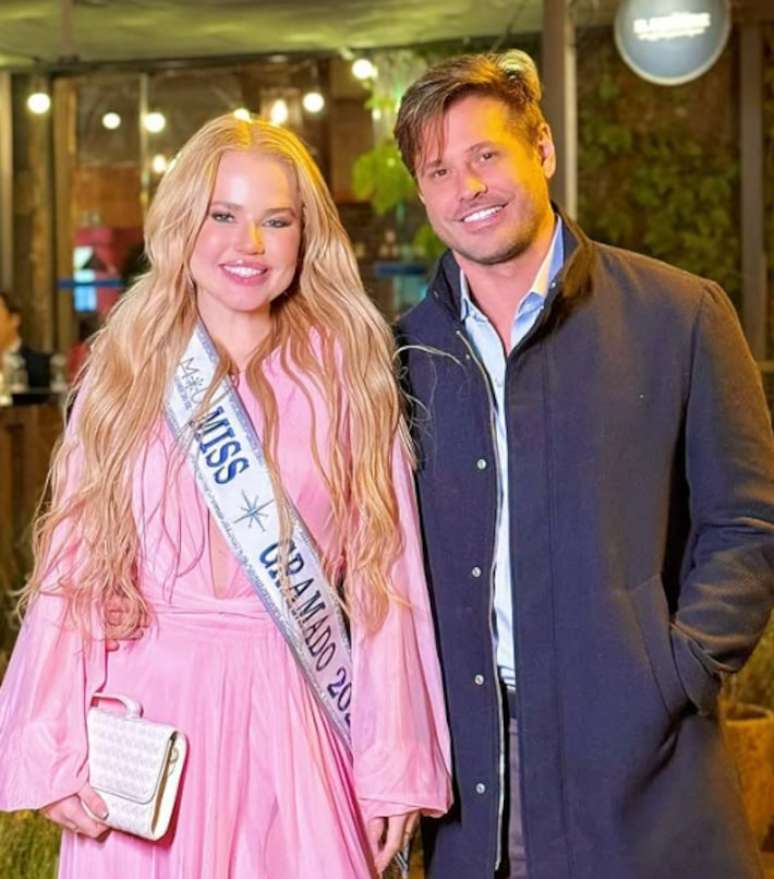Sila, 20 days old, is one of the six newborns who have died in recent days in Gaza, amidst the degrading conditions of the war and the drop in temperatures.
Warning: The story below contains disturbing descriptions.
Sila was less than three weeks old when his mother, Nariman al-Najmeh, noticed that he was not moving.
“I woke up in the morning and told my husband that the baby hadn’t moved for a while. He uncovered her face and found her blue, biting her tongue, with blood coming out of her mouth. mouth,” the mother recalls.
She is one of six newborns who died of hypothermia in a two-week period in the Gaza Strip, where nighttime temperatures dropped as low as 7°C, according to local health authorities, who also reported that thousands of tents were damaged by the weather between the two weeks. end of 2024 and beginning of 2025.
In her tent, located on a beach in southern Gaza, Nariman sits with her husband, Mahmoud Fasih, and their two young children: Rayan, four, and Nihad, two and a half.
The family says they had to move more than ten times during the 14-month war.
“My husband is a fisherman, we are from the north and we have nothing left. But we did it for our children,” says Nariman in an interview with a freelance cameraman who works for the BBC (Israel prevents international media from entering and work freely in Gaza).
“When I was pregnant, I was thinking about how I would buy clothes for the baby. I was really worried because my husband doesn’t have a job.”
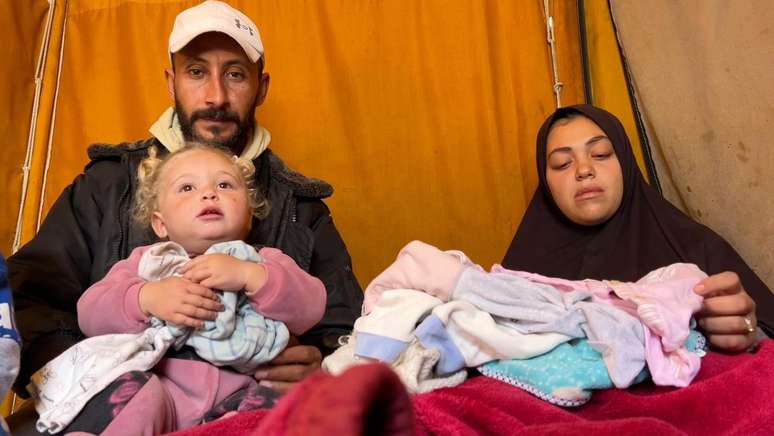
For the 20 days he lived, Sila’s home was the small, overcrowded camp in the “humanitarian zone” of al-Mawasi, where hundreds of thousands of Palestinians from other parts of the territory had to relocate, on orders from the Israeli army.
The area suffers from inadequate infrastructure and sanitation, as well as flooding caused by rain and waves from the Mediterranean Sea.
“The cold is bitter and intense. All night, because of the cold, we huddled together, huddled next to each other,” says Sila’s father, Mahmoud.
“Our life is hell. It is hell because of the effects of the war. My family has been martyred and our situation is unbearable.”
Despite telling civilians to go to this location, the Israeli army attacked al-Mawasi several times during its offensive against Hamas and other armed groups in Gaza.
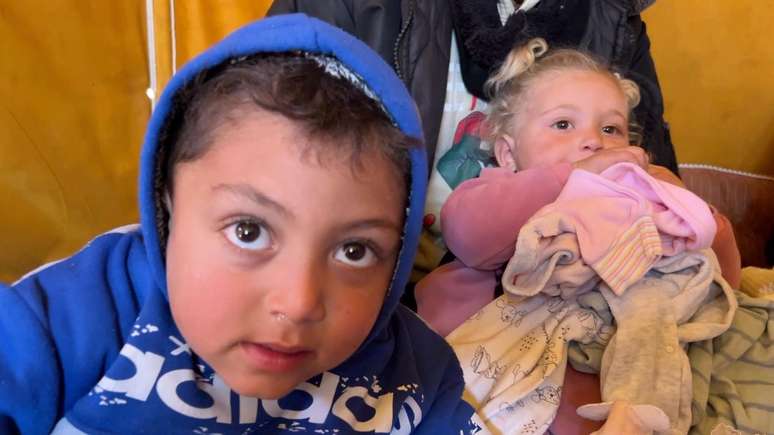
Silla’s death was not due to the bombings, but was also caused by the punitive conditions that the war imposes on civilians.
According to the United Nations, there are severe restrictions imposed by Israel on food and other aid, which exacerbates the humanitarian crisis caused by the war. Israel denies limiting aid.
Nariman says Sila was born in a British field hospital in the Khan Younis area.
“After giving birth… I started thinking about how to get her milk and diapers. Everything I got, I got with great difficulty.”
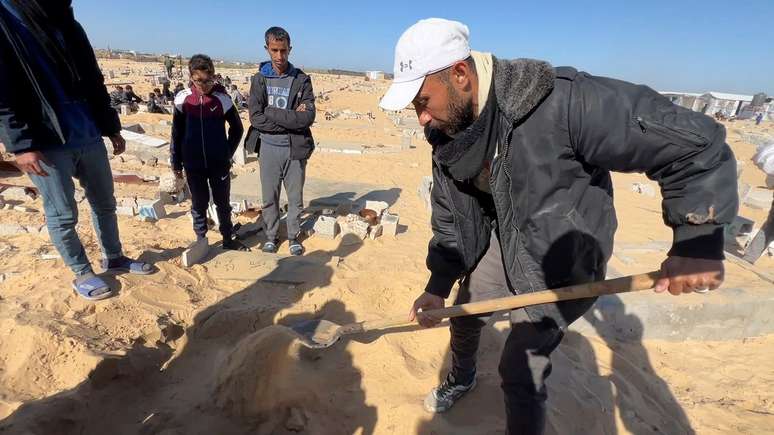
“I never thought I would give birth living in a tent, in such cold, freezing conditions, with water dripping all over us. The water poured into the tent, pouring onto us. Sometimes we had to run to escape the water – for the good of the child,” reports Nariman.
Yet Sila was born without complications.
“His health was good, thank God. Suddenly he began to suffer from the cold,” says his mother. “I noticed she was sneezing and looked sick from the cold, but I never imagined she would die from it.”
Sila was admitted in late December to Nasser Hospital in Khan Younis, where Dr. Ahmad al-Farra, director of the pediatric department, said she suffered from “severe hypothermia, which led to the interruption of vital signs, cardiac arrest and ultimately death.”
“[No dia anterior] furthermore, two cases were presented: one was a three-day-old baby and the other was less than a month old. In both cases it was severe hypothermia which caused death”, explains the doctor.
Children have an underdeveloped mechanism for maintaining their body temperature and can easily develop hypothermia in a cold environment.
Premature babies are particularly vulnerable, and Farra says doctors in Gaza have noticed an increase in the number of premature births during the war.
Mothers also suffer from malnutrition and are unable to breastfeed their babies sufficiently. According to the doctor, there is also a shortage of infant formula due to restrictions on the provision of humanitarian aid.
A few days later, another tragic case.
Outside al-Aqsa hospital in central Gaza, a second local cameraman working for the BBC met Yehia al-Batran, who could not contain his anguish as he carried his dead son, Jumaa.
Like Sila, the baby was only 20 days old and blue from the cold.
“Touch it with your hand, it’s frozen,” Yehia said. “The eight of us don’t even have four blankets. What can I do? I see my children dying in front of me.”
In a Dec. 26 statement, Unicef regional director Edouard Beigbeder said the “preventable deaths” show “the desperate and worsening conditions faced by families and children in Gaza.”
“With temperatures predicted to drop further in the coming days, it is tragically foreseeable that many children’s lives will be lost due to the inhumane conditions they are enduring,” Beigbeder wrote.
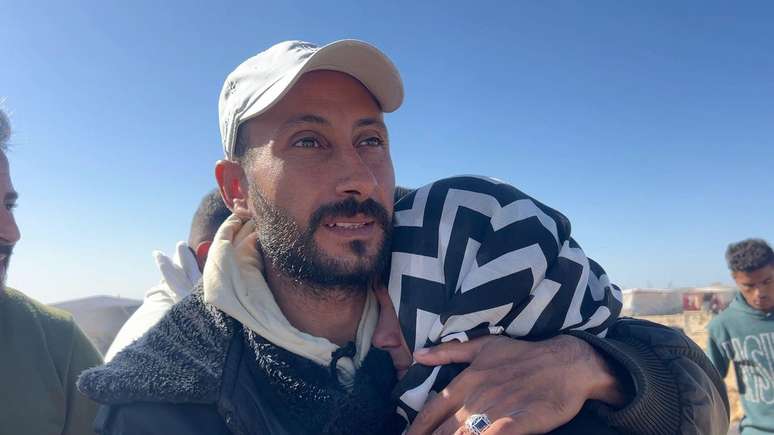
TenUnder the sound of Israeli drones, Sila’s father, Mahmoud, transported his daughter’s lifeless body from the hospital to a makeshift cemetery in Khan Younis. There he dug a small hole in the sand.
After silencing Sila, Mahmoud comforted Nariman.
“His brothers are sick, exhausted. We are all sick. Our chests hurt and we have a cold because of the cold and the rain,” says Nariman.
“If we don’t die of war, we will die of cold.”
Source: Terra
Rose James is a Gossipify movie and series reviewer known for her in-depth analysis and unique perspective on the latest releases. With a background in film studies, she provides engaging and informative reviews, and keeps readers up to date with industry trends and emerging talents.

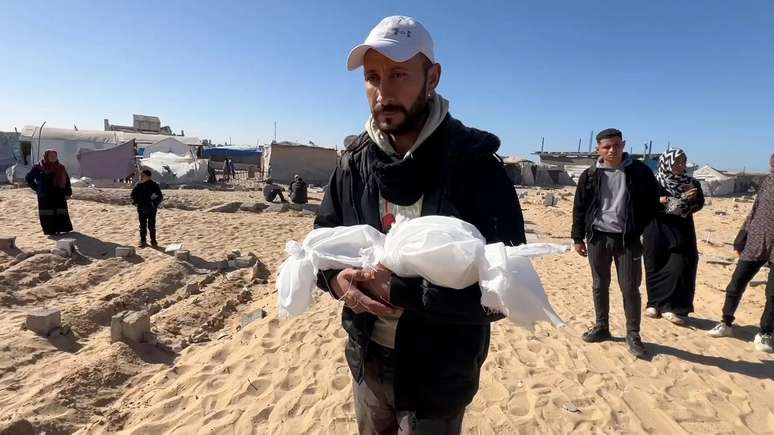
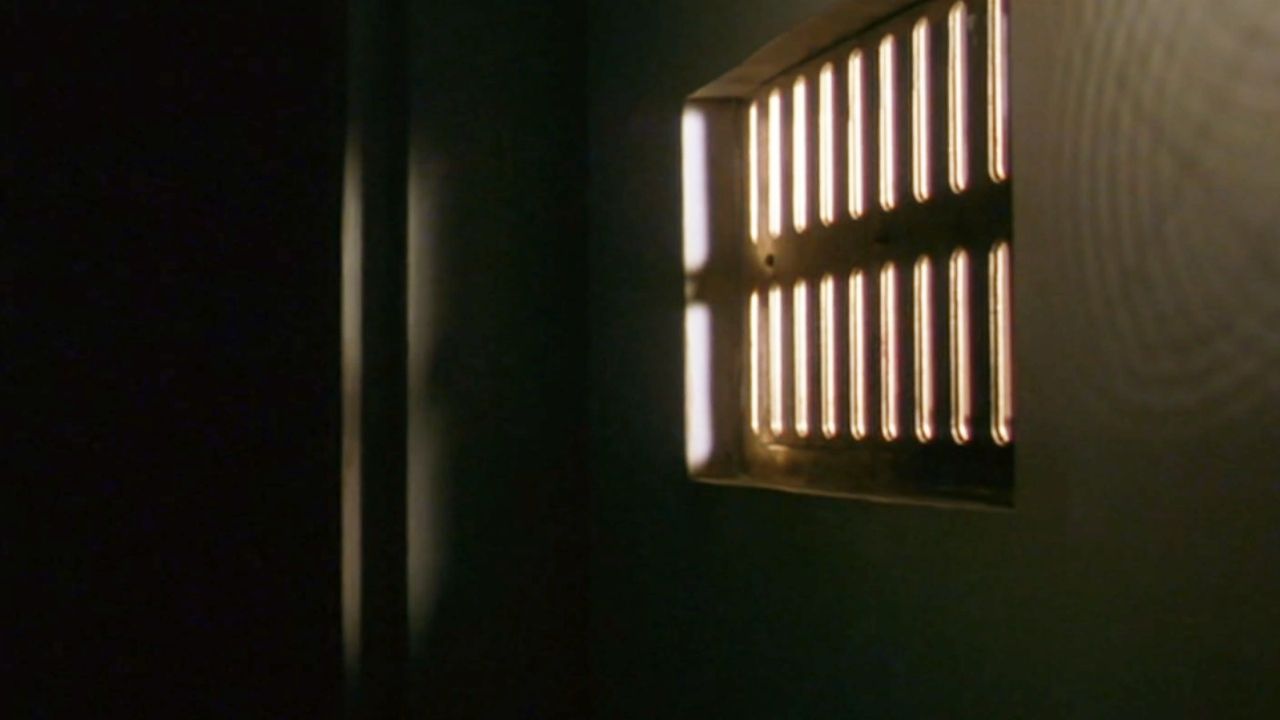
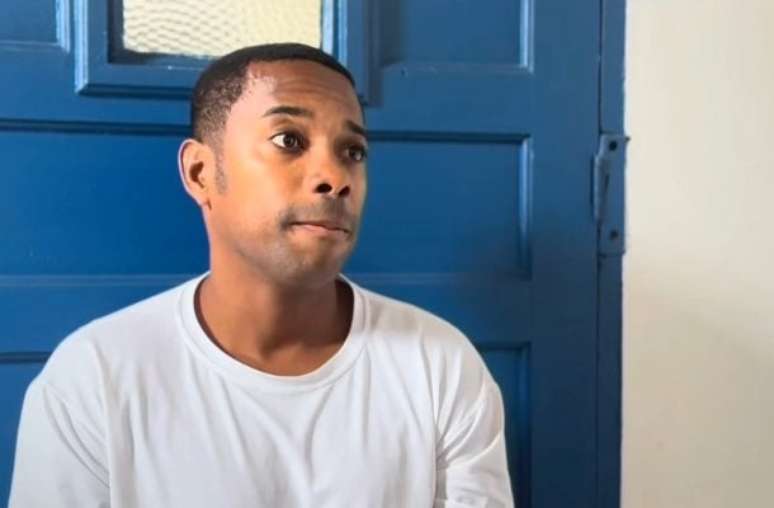
![Tomorrow Belongs to Us: What’s in store for Wednesday 29 October 2025 episode 2063 [SPOILERS] Tomorrow Belongs to Us: What’s in store for Wednesday 29 October 2025 episode 2063 [SPOILERS]](https://fr.web.img2.acsta.net/img/bd/91/bd91cdd6caf823af3b0287cd39a943a5.jpg)
